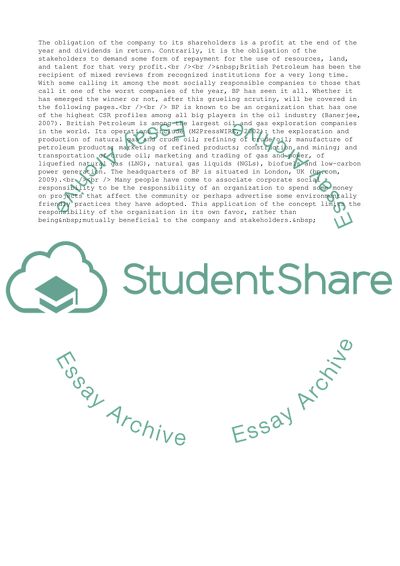Cite this document
(British Petroleum Company Case Study Example | Topics and Well Written Essays - 2250 words, n.d.)
British Petroleum Company Case Study Example | Topics and Well Written Essays - 2250 words. Retrieved from https://studentshare.org/business/1730459-british-petroleum-company-chosen
British Petroleum Company Case Study Example | Topics and Well Written Essays - 2250 words. Retrieved from https://studentshare.org/business/1730459-british-petroleum-company-chosen
(British Petroleum Company Case Study Example | Topics and Well Written Essays - 2250 Words)
British Petroleum Company Case Study Example | Topics and Well Written Essays - 2250 Words. https://studentshare.org/business/1730459-british-petroleum-company-chosen.
British Petroleum Company Case Study Example | Topics and Well Written Essays - 2250 Words. https://studentshare.org/business/1730459-british-petroleum-company-chosen.
“British Petroleum Company Case Study Example | Topics and Well Written Essays - 2250 Words”. https://studentshare.org/business/1730459-british-petroleum-company-chosen.


